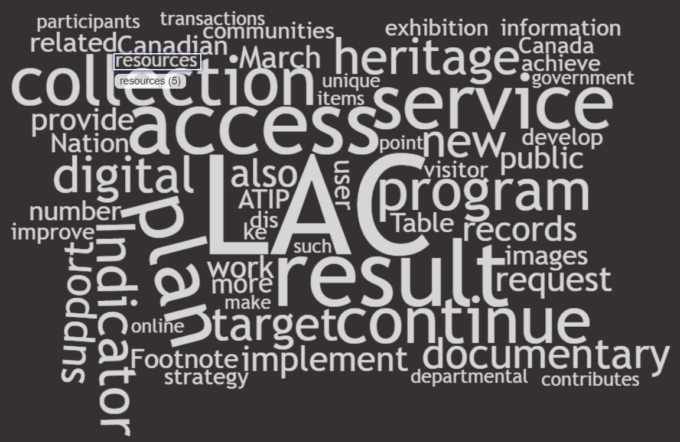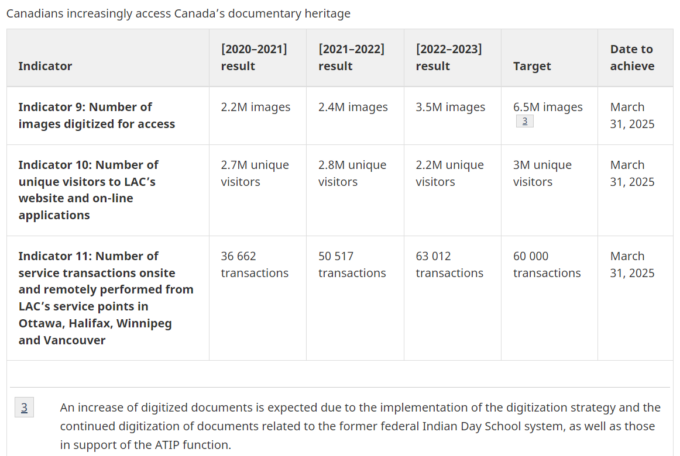Just announced at RootsTech, a new initiative from MyHeritage — digitized newspapers. Oldnews.com, a stand-alone subscription, just as newspapers.com is a separate subscription from Ancestry, is “the leading website for exploring historical newspapers from around the world.”
According to the company promo, the site gives:
Access millions of historical newspaper pages
A wide array of titles, from international newspapers to small-town gazettes
Historical newspapers from the U.S., Canada, Australia, Netherlands and many more countries
Extensive coverage of the 1800s and 1900s, from major world events to local news
Articles that were extracted and enhanced using AI technology
Millions of newspaper pages are added each month.
Available at launch, and for a 7-day free trial, are:
United States: 64,368,505 pages in 14,054 titles
Australia 24,430,061 pages in 1,705 titles
Austria: 13,545,808 pages in 627 titles
United Kingdom: 3,894,581 pages in 3 titles
Czechia: 1,796,938 pages in 81 titles
Germany Newspapers: 1,378,556 pages in 94 titles.
Netherlands: ?
I had early access and found:
There are many Canadian newspapers available, although it isn’t clear if they are in addition to those available through MyHeritage.
The London Gazette is the main UK newspaper available. It is also freely available at https://www.thegazette.co.uk/.
The Australian papers are a large set that includes various government gazettes, and much more. It looks like they derive from Trove?
The US, and perhaps other content may be derived from the now defunct Elephand.com/.




 This document, the official basis on which Parliament votes funds for the fiscal year starting 1 April, is now online
This document, the official basis on which Parliament votes funds for the fiscal year starting 1 April, is now online 